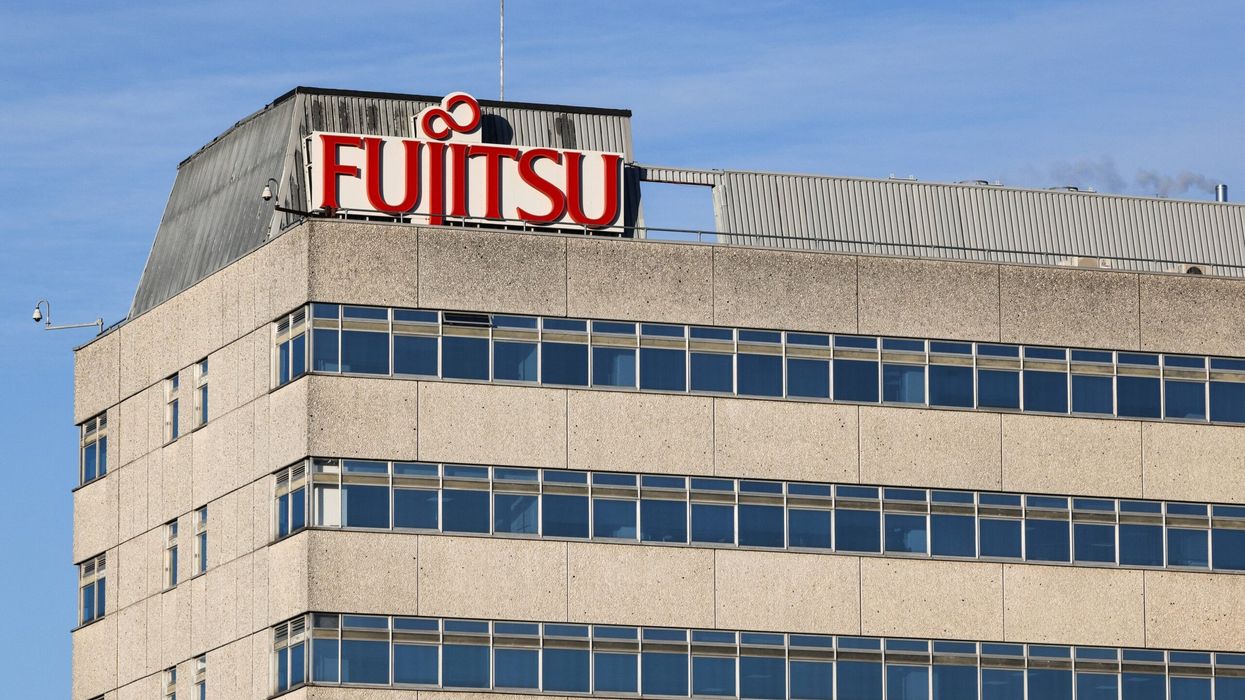Leading global technology giants plan to oppose a new law in India which would ask Facebook, WhatsApp, Paypal, Google, and many others to store user data in the country.
The business who oppose the law said that the legislation could spoil the investment and business models of international and domestic businesses operating in the country.
In July, a government panel recommended that all "critical personal data" should be processed in India, and presented a draft bill that could affect how global firms store customer data.
Facebook, Mastercard and PayPal fear the new law, which follows similar measures in China and Vietnam, would increase their compliance and infrastructure costs, and affect planned investments.
Their concerns are to be taken up lobby groups planning a joint effort to pressure New Delhi to reconsider.
"The potential fear of restricting cross-border data flow would impact the business models of several Indian as well as global companies," said a draft of their letter addressed to India's information technology minister.
"Fear of restrictive regulation has the potential to negatively impact the flow of foreign investments," said Reuters.
The letter, to be delivered by September 30, is supported by the US-India Strategic Partnership Forum, the Washington-based Information Technology Industry Council (ITI), London-based techUK, and India's NASSCOM.
Together they represent some of the biggest names in global technology, including Alphabet Inc's Google, Salesforce.com Inc, Microsoft and India's Wipro.
An IT ministry official said data localization was necessary to enable the government to carry out investigations and to guard against data breaches, which are widespread globally.
"They (industry) are too ambitious to think this won't become a law within a year," said the official, who declined to be identified as he was not authorised to speak to the media.
The campaign will argue that the data law hurts both foreign and local firms, many of which now store data overseas, said an official of one of the international companies involved.
ITI's executive vice president for policy, Josh Kallmer, said the group would send lobbyists from Washington and Brussels to hold talks with Indian officials.
The US-India forum said it was working to build an industry-wide consensus on data protection. The Confederation of Indian Industry is also canvassing members to join the effort, an industry source said.
TechUK declined to comment, while NASSCOM did not respond to a request for comment.
India is the latest country to seek tighter control over data and domestic operations of global tech firms.
In June, Vietnam passed a cybersecurity law for technology firms to store "important" personal data on users in the country. Industry lobby groups opposed the measure.
For India, home to several global tech firms, the data law appears set to become the newest irritant in the trade with the United States.
Besides the data law, government panels are drafting policies to regulate data stored by cloud computing, e-commerce and payment companies.
Reuters











